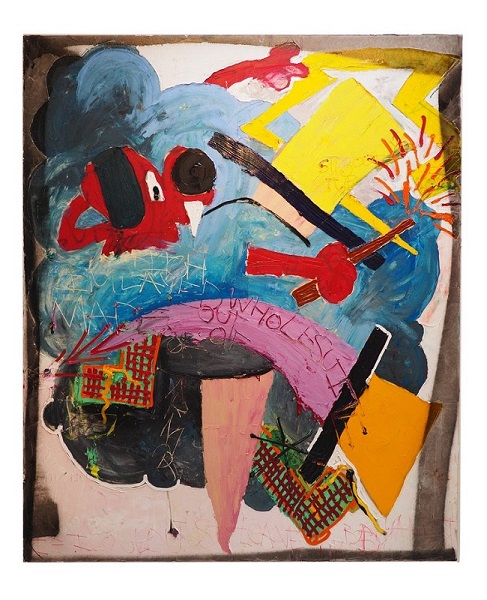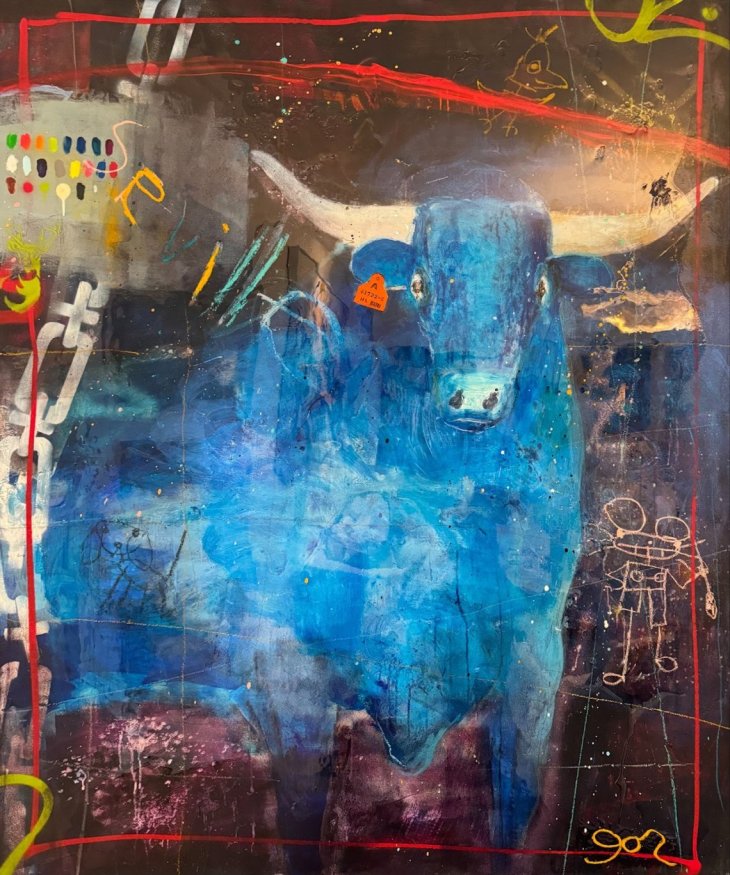Starting In July, Averill Will Serve The People Of Venice As President Of The Neighborhood Council As He Tackles Issues Ranging From Homelessness And Development.
By Zach Armstrong
After growing up on the East Coast and graduating from New York University, Brian Averill decided to make the move to California in 2002. He is a photographer by trade. His business does shoots for sportswear, beachwear, surfing and other sporting activities. Starting in July, Averill will serve the people of Venice as president of the Neighborhood Council as he tackles issues ranging from homelessness and development.
This Q and A was edited for clarity.
What is your history with the Venice Neighborhood Council?
I was a board member on the council. In 2019 I was elected. So I have been a board member, and then I ran for president this year and was elected last month.
What would you list as your top priorities of things you hope to accomplish or topics you want to focus on the most?
The previous few councils have not had a good relationship with CD 11. 90% of the motions that we pass are through CD 11. I think it’s incredibly important to nurture a healthy relationships with council member Traci Park, because if we don’t, if we don’t have a good relationship, then we’re not really going to accomplish a lot.
There’s lots of different points of view here about bigger issues. In the past, the council hasn’t really functioned to bring all those points of view together to some consensus. So that’s definitely a goal of mine, to actually represent all the different perspectives. I think when it comes down to it, 90% of us here agree on the questions. So it’s just a matter of re-emphasizing that to people, and just going about things in a more positive manner than we have in the past.
How do you specifically look to accomplish that in your upcoming role?
It really comes down to listening to people, making sure people feel heard, making sure all these different points of view are presented to us. Then having intelligent, constructive conversations about the issues. Then coming up with some sort of middle ground that makes sense to everybody, even if everyone’s not happy with whatever motions we’re passing, at least they feel heard, and at least they understand the other side of the equation.
How has Venice changed since you’ve been here? And how do you hope that it will look in the future?
In the future, I want it to be more of a real community. Like I said, there’s many different facets and types of people that make up what makes it so great, in my opinion. So just to listen, and to respect all of those different sides of that. We also have an incredibly rich cultural history here. I think that needs to be emphasized a little bit more. And it’s in our favor to preserve that stuff.
What’s getting in the way of accomplishing that?
The issues that are dividing the community. Obviously, our big issues right now are homelessness and crime. And, understandably, those get a lot of attention. And they deserve a lot of attention because they’re very serious. But I think it’s also okay to remember what makes us so incredible. Being a multicultural community that blossomed into this neighborhood that most of us love.

























